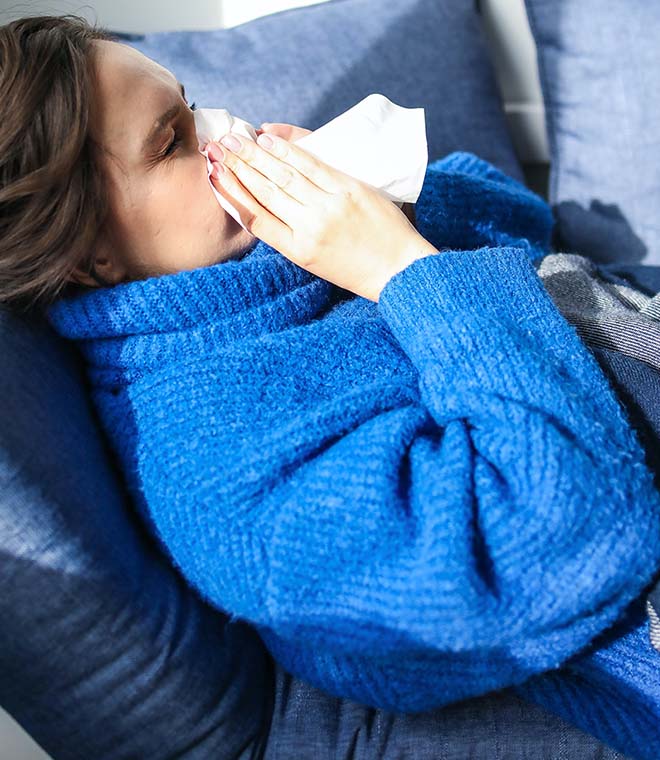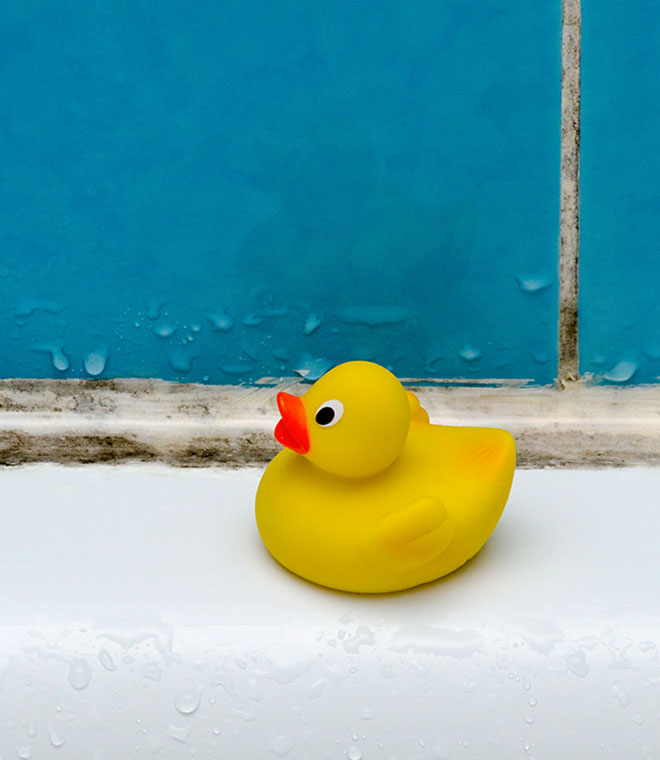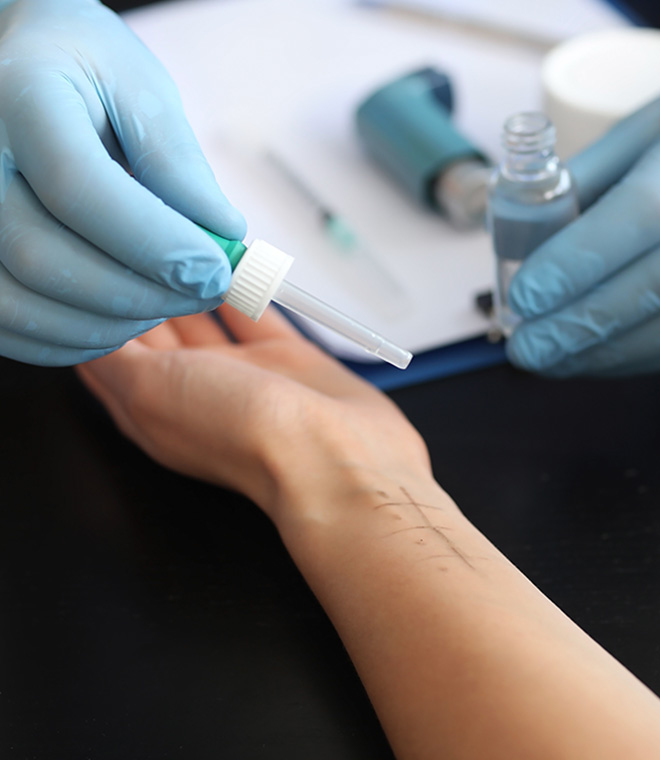Health
Finding relief from grass allergies
Jun 06, 2022 • 7 min
A lush, green landscape may be lovely to look at, but if you suffer from grass allergies, it may be a sight you’d rather avoid.
If you have seasonal allergies, such as to grass, you may have noticed that you don’t necessarily have to come in direct contact with grass to struggle with those pesky allergy symptoms. Sometimes, simply inhaling the air outdoors as you’re trying to enjoy your backyard or just driving by a freshly mown lawn can be enough to set off an allergic reaction.
Some of the symptoms you may experience include:
- Sneezing
- Itchy, watery, puffy eyes
- Runny or stuffy nose
- Coughing
- Sinus pressure and/or headache
- Hives or grass allergy rashes
Where do grass allergies come from?
If you notice that your allergies tend to get worse in the spring and summertime, you may have a grass pollen allergy. Each year, grasses and plants release small pollen particles, which are then picked up by the wind to travel and fertilize plants of the same species. Because pollen is airborne, if you have grass allergies, you may be affected simply by the wind blowing in your direction.
A grass allergy may also be referred to as hay fever, due to the cold-like symptoms it causes, such as itchy eyes, congestion and sneezing. But unlike a cold, a grass allergy is not caused by a virus. It’s those tiny pollen particles that are the culprit.
Understanding which grasses make your allergies worse can be the first step in avoiding them, especially if you spend a lot of time outdoors.
Grasses that most commonly cause allergies include:
- Bermuda
- Johnson
- Kentucky
- Orchard
- Rye
- Sweet vernal
- Timothy
Ways to avoid and treat grass allergies
The most effective way to keep these allergies at bay is to stay away from grass pollen as much as possible, but that may not always be easy, especially because pollen is in the air around us. However, there are some things that can help. Before you go outdoors, take a look at your local weather forecast to check the daily pollen count, keeping in mind that in the spring and summer during grass pollen season, levels are highest in the evening.
Here are a few other tips that may help:
- If you are tasked with mowing your lawn, keep it short, as it’s less likely to release pollen
- On days when the pollen count is high, do your best to stay indoors with the windows closed
- Keep windows and doors shut at home and in your car during allergy season
- Wearing sunglasses and a hat can help by keeping pollen out of your eyes and hair
- When you return home, remove your shoes and any clothing that may have been exposed to pollen
- Take a shower, wash your hair and change your clothes after you’ve been working or playing outdoors; taking a shower afterward can help reduce your exposure and prevent symptoms before they begin
- If you have pets who like to roll around in the grass, wipe them off as soon as they come back indoors and try to keep them off your furniture, especially your bed
Because it’s not very easy to avoid the pollen that triggers your grass allergies, the following are some of the treatment options that may help ease your grass allergy symptoms:
- Saline nasal sprays: Available over the counter, saline nasal sprays are a non-drug remedy that works by using salt water to help moisten nasal passages. They may also loosen mucus if your nose is stuffy. Because they don’t contain medication, you can use these several times a day.
- Steroid nasal sprays: These sprays work to reduce swelling inside the nose, which helps with congestion. They’re available over the counter and by prescription. Because some steroid nasal sprays can cause irritation in the nose, headache and nosebleeds, using a saline spray a few minutes prior may prevent these symptoms.
- Antihistamines: An oral antihistamine reduces allergy symptoms by lowering the effects of your body’s natural chemical histamine, which can make you sneeze and give you watery eyes or a runny nose. This may also help eliminate an allergic rash.
- Allergy shots: Some people who suffer with grass pollen allergies choose to get allergy shots. These injections desensitize you to the allergy by adding small doses to your system. Allergy shots should be given under a healthcare provider’s supervision in case an allergic reaction occurs.
The following are ways to manage grass allergy rashes:
- Wash the affected area: Clean the rash with warm water and a mild cleanser. This removes pollen and soothes the area at the same time. Keeping a cool compress on the affected patch of skin may decrease swelling and help reduce itching.
- Apply an ointment: Calamine lotion can help calm itching. You can also try hydrocortisone, which is an over-the-counter topical corticosteroid. This reduces itching and inflammation.
If you suspect you have allergies to grass, see your healthcare provider or allergist, who can help confirm your allergy and advise you on treatment options.
Clinically reviewed and updated by Rebeca Thomas, RN, BSN, CPQH, March 2022.



